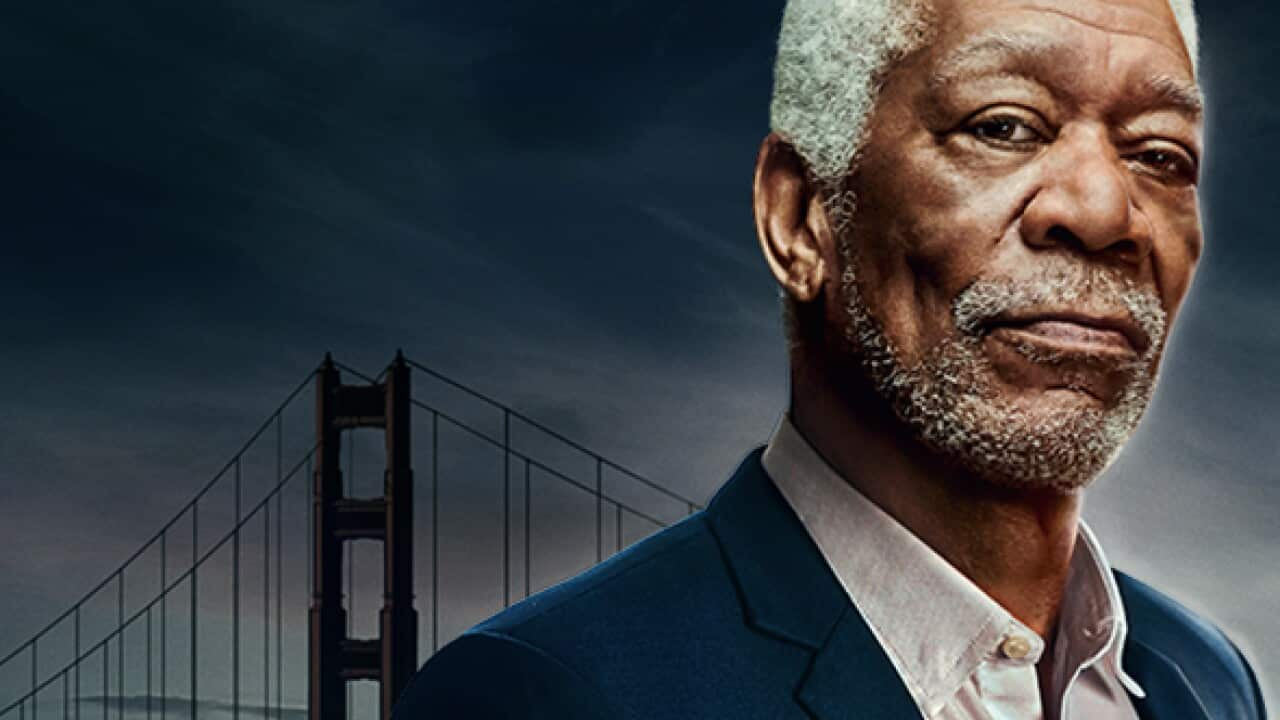There’s no denying that war has shaped human history: its various iterations fill the majority of history textbooks in classrooms and lecture halls right around the world. Each conflict has left in its wake unprecedented destruction and devastating loss of life, but it has also brought about significant technological and economic advancements that have changed nations, and indeed humanity, forever.
Perhaps more than any other nation, Britain’s history has been written on battlefields. Though the pivotal role of the British in the two World Wars, and later the Vietnam War, are well documented, and the stories of their soldiers who fought there are now the stuff of legend, there were other wars that proved just as transformative for the empire.
As actor and presenter Tony Robinson discovers in his new series Forgotten War Stories, Britain was embroiled in a number of other key conflicts that, despite having largely faded from collective memory, speak to its place in the world today. And those that fought in these battles left behind a legacy built on bravery and self-sacrifice. Over six hour-long parts, Robinson delves into the tales of these forgotten wars: The Gulf War, The Bosnian War, The Suez Crisis, The Korean War, The Malayan Emergency and The Mau Mau Uprising. With the assistance of historians and eyewitnesses who share their experiences of life amidst these conflicts, Robinson brings his passion for illuminating the lesser known parts of British history to his investigations.
Over six hour-long parts, Robinson delves into the tales of these forgotten wars: The Gulf War, The Bosnian War, The Suez Crisis, The Korean War, The Malayan Emergency and The Mau Mau Uprising. With the assistance of historians and eyewitnesses who share their experiences of life amidst these conflicts, Robinson brings his passion for illuminating the lesser known parts of British history to his investigations.

Tony Robinson talks war in recent history in ‘Tony Robinson’s Forgotten War Stories’. Source: Woodcut Media
There is also an extra thread linking each of these historical chapters; Robinson himself lived through each and every one. So why have these wars, relatively recent events in the context of British history, failed to retain prominence in its narrative?
It was August 1990 when Iraq took control of Kuwait, prompting a forceful response from coalition forces, with the British army instrumental in the air war known as Operation Desert Storm. Margaret Thatcher, the UK prime minister at the time, did not hesitate in deploying British troops to join the largest military alliance since the second World War, and the Gulf War became one of the first conflicts to be fully televised, with reporters providing coverage from the edge of the battlefield. Tornado pilot John Peters, who experienced the fighting as it unfolded, shares with Robinson the challenges faced by those on the front line as they attempted to drive Saddam Hussein’s army back to the confines of Baghdad. This attempt was met with both support and resistance back home in Britain as debates raged about the rise of Western capitalism, imperialism, and the very necessity of the war itself; this was a nation fatigued from a century of unbroken warfare.
Tornado pilot John Peters, who experienced the fighting as it unfolded, shares with Robinson the challenges faced by those on the front line as they attempted to drive Saddam Hussein’s army back to the confines of Baghdad. This attempt was met with both support and resistance back home in Britain as debates raged about the rise of Western capitalism, imperialism, and the very necessity of the war itself; this was a nation fatigued from a century of unbroken warfare.

Don Brereton fought with the British Army in Malaysia. Source: Woodcut Media
Robinson’s account of the Gulf War is an often unheard yet incredibly important one that foreshadows a shift in the very nature of war itself, leaving us wondering how it has managed to escape contemporary discourse. Did British millennials just tune out in history class or was there something else driving its omission?
The same could be said of the Malayan Emergency, a clash between Communist insurgents and British troops that continued for over a decade. What started as the killing of three British plantation managers near Perak became a fight for independence in the depths of the Malayan jungle. It was a conflict born out of a deeply entrenched hostility between the two sides following the second World War, and though it ended up becoming a military victory for the British after twelve years of fighting, it was also a significant diplomatic failure that would ultimately lead to growing calls for independence and the establishment of Malaysia as a new nation. Britain’s history is also under the spotlight when Forgotten War Stories looks at the Mau Mau Uprising, which occurred after the British implemented harsh social and economic reforms in Kenya in the 1950s. The British reaction to the efforts of those freedom fighters was intense and yet, as Robinson says, despite the deaths of nearly five million people, this became known as ‘The Forgotten War’.
Britain’s history is also under the spotlight when Forgotten War Stories looks at the Mau Mau Uprising, which occurred after the British implemented harsh social and economic reforms in Kenya in the 1950s. The British reaction to the efforts of those freedom fighters was intense and yet, as Robinson says, despite the deaths of nearly five million people, this became known as ‘The Forgotten War’.

Macharia Mwangi is a former Mau Mau member. Source: Woodcut Media
As he recounts the events of these, and the other conflicts in the series, Robinson has a way of making us feel that we are missing out in some way without this knowledge; their ongoing geopolitical influence and socio-cultural impacts are simply impossible to comprehend without this understanding. Britain’s place in the modern world is largely the result of these now illuminated wars which set the stage for some of the biggest upheavals in human history.
Tony Robinson’s Forgotten War Stories premieres at 5:30pm, Sunday 16 January on SBS. The series continues on Saturdays and Sundays to 5 February. Episodes will be available at SBS On Demand after they go to air. Start with episode 1:
More from The Guide

‘Alone Denmark’ is the cool change we need this summer






